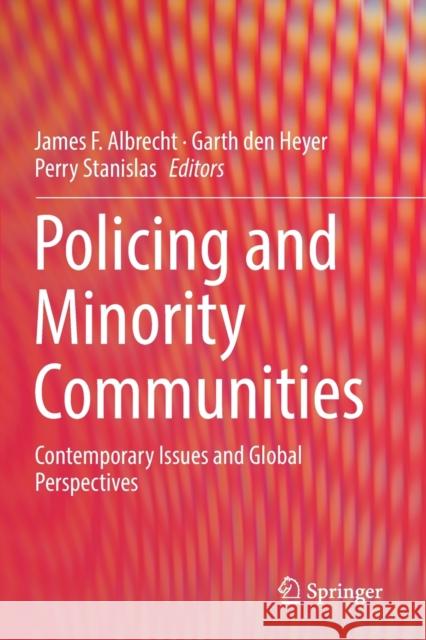Policing and Minority Communities: Contemporary Issues and Global Perspectives » książka
topmenu
Policing and Minority Communities: Contemporary Issues and Global Perspectives
ISBN-13: 9783030191849 / Angielski / Miękka / 2020 / 334 str.
Policing and Minority Communities: Contemporary Issues and Global Perspectives
ISBN-13: 9783030191849 / Angielski / Miękka / 2020 / 334 str.
cena 241,50
(netto: 230,00 VAT: 5%)
Najniższa cena z 30 dni: 231,29
(netto: 230,00 VAT: 5%)
Najniższa cena z 30 dni: 231,29
Termin realizacji zamówienia:
ok. 16-18 dni roboczych.
ok. 16-18 dni roboczych.
Darmowa dostawa!
Kategorie:
Kategorie BISAC:
Wydawca:
Springer
Język:
Angielski
ISBN-13:
9783030191849
Rok wydania:
2020
Wydanie:
2019
Ilość stron:
334
Waga:
0.49 kg
Wymiary:
23.39 x 15.6 x 1.85
Oprawa:
Miękka
Wolumenów:
01
Dodatkowe informacje:
Wydanie ilustrowane











